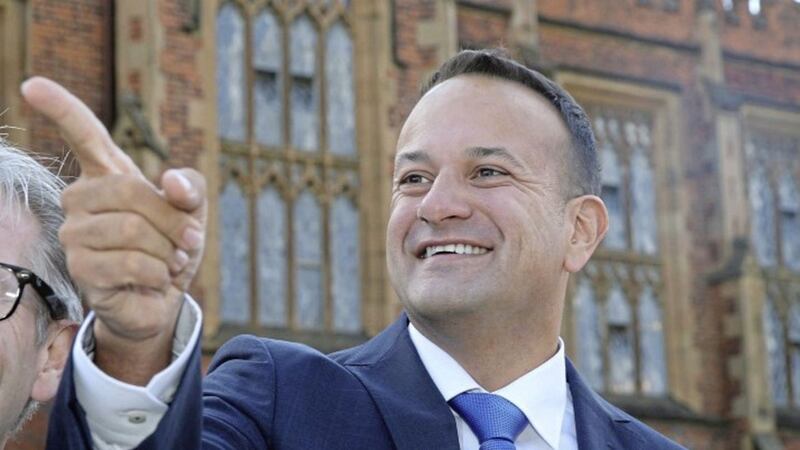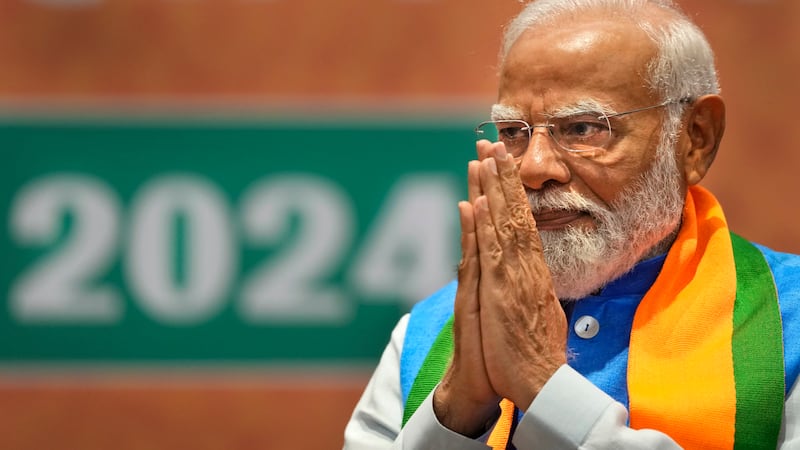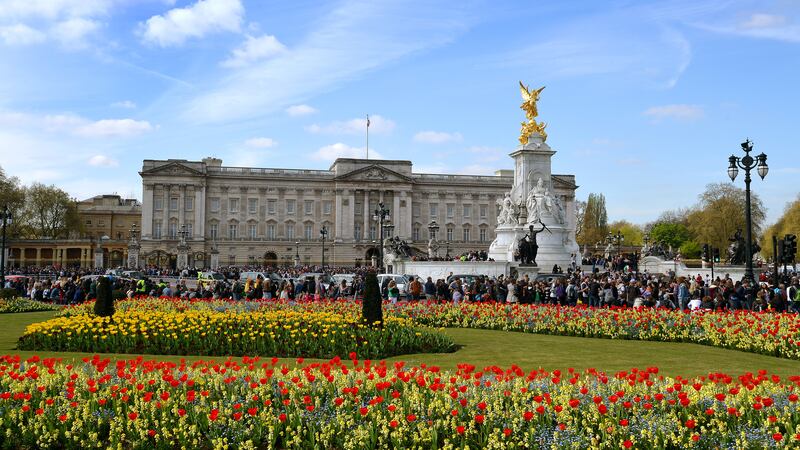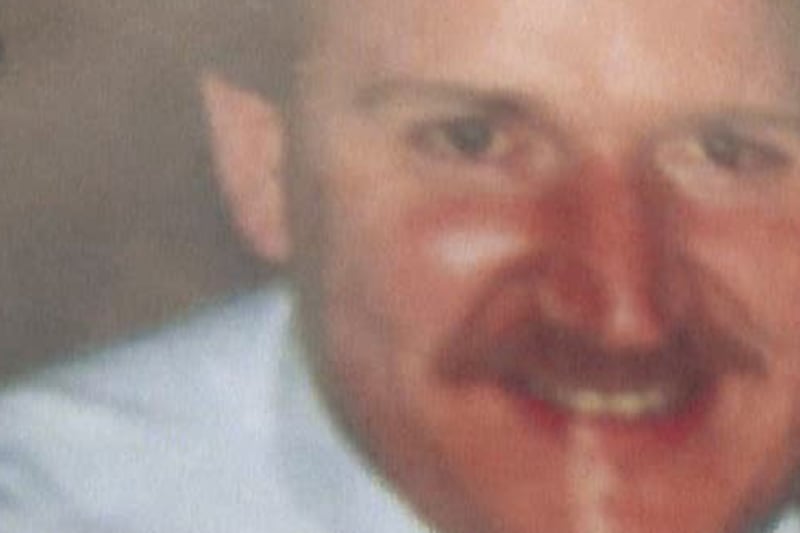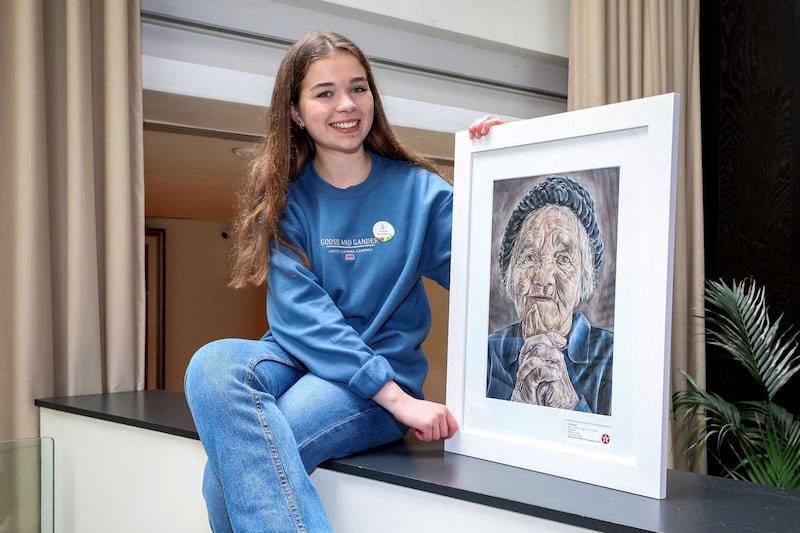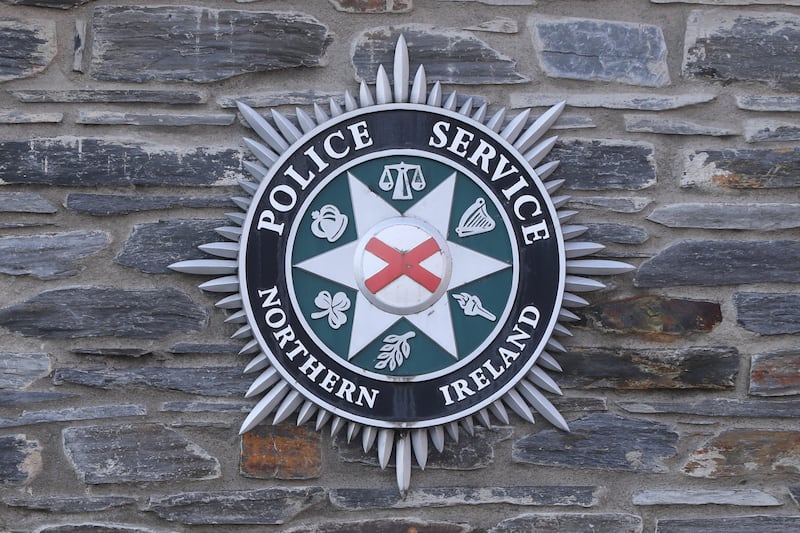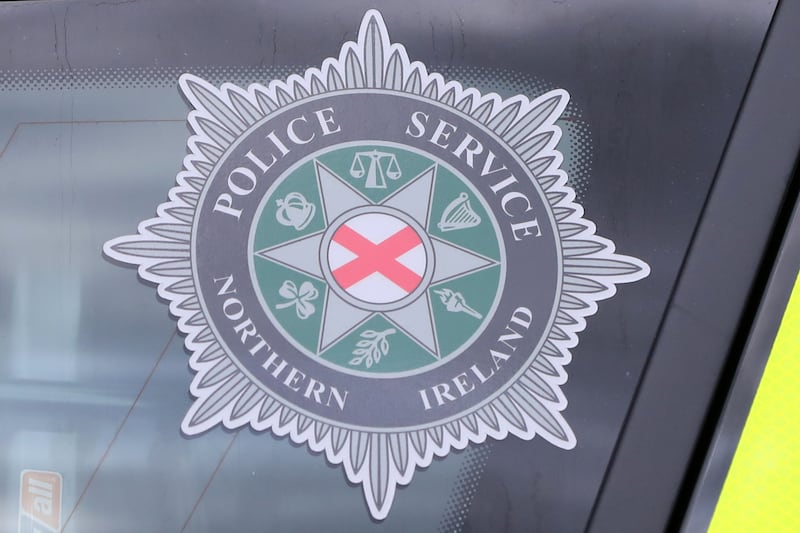Not since Charlie Haughey came to Belfast in 1990 has a taoiseach's visit generated so much of a buzz in the media. This level of interest from broadcasters and newspapers stems from a number of factors – Leo Varadkar is young, gay and, it appears, not afraid to speak his mind. We're also in the midst of the so-called silly season, where normally insignificant events are suddenly deemed newsworthy.
However, what makes this taoiseach's trip north worthy of extensive coverage is Brexit and its potential impact on the six north-east counties of Ireland.
We are nearly 14 months on from the historic referendum which saw England and Wales vote to leave the EU. Scotland and Northern Ireland voted to remain but because it was a UK-wide vote, they too must break ties with Brussels against the will of their respective electorates.
In the SNP and to lesser extent in Conservative Ruth Davidson, Scotland has found a voice to reason with the British government. But despite the best efforts of Sinn Féin, the SDLP and Alliance, Northern Ireland hasn't managed to convincingly articulate the region's deep concerns in a coherent manner. The absence of an executive, coupled with the DUP increasingly close relationship with the Tories, has left the Remainers in the north distinctly muted and with negligible input into the Brexit negotiations.
In Leo Varadkar, however, they have found a hero who is willing to stand up for their cause. Visiting dignitaries would ordinarily be reticent ahead of travelling to a different jurisdiction but over recent days, the taoiseach has shown that he will no longer bite his lip when so much is at stake, north and south
He's said more in the past week about the multiple dangers coming down the tracks than any DUP representative or Brexit secretary David Davis – the ones, who having got us in to this mess, should be leading the debate.
The taoiseach may not have tabled definitive solutions – he concedes it's not his role to – but at least he's making a decent effort, and judging by his remarks yesterday, we can expect more in the future.
In choosing to highlight the flaws and shortcomings in the Brexit process in such a forthright manner, Mr Varadkar has hopefully embarrassed the British government and convinced them that they need to change their game. That's the hope but the fear remains that they may just stick their heads further in the sand.
